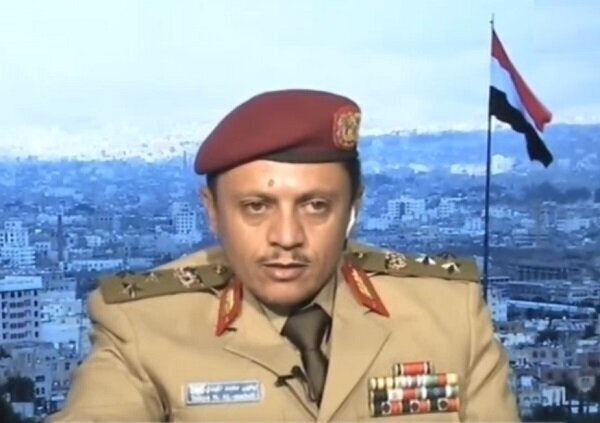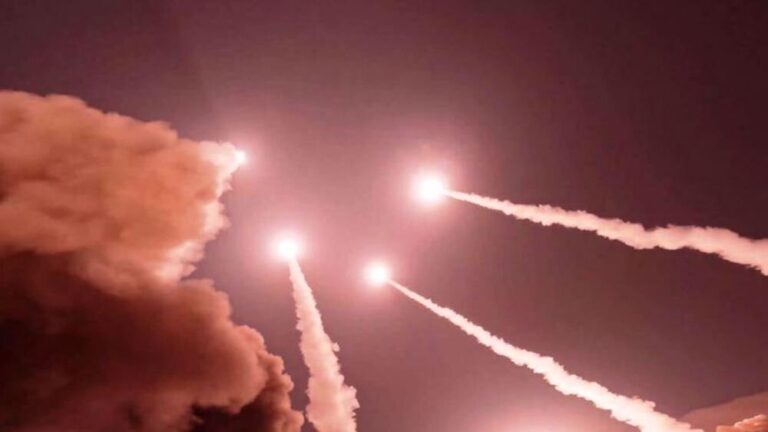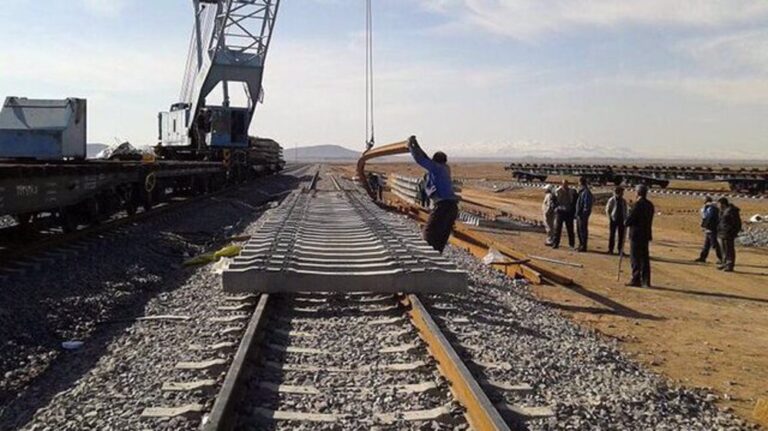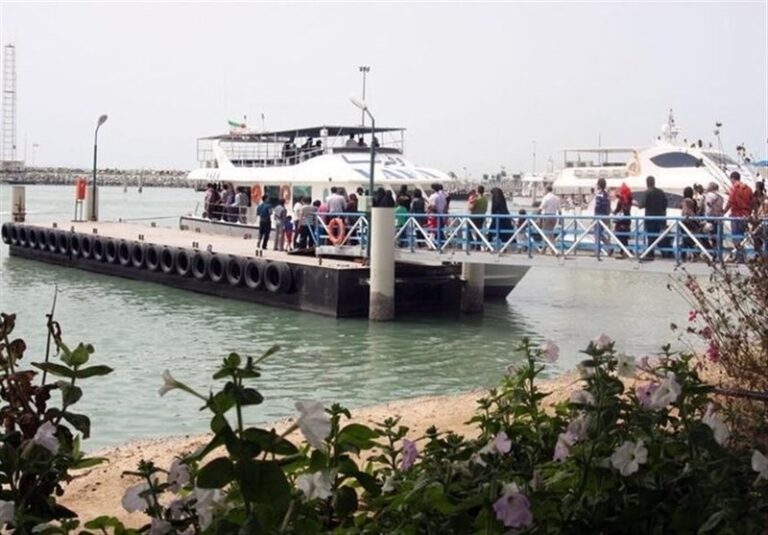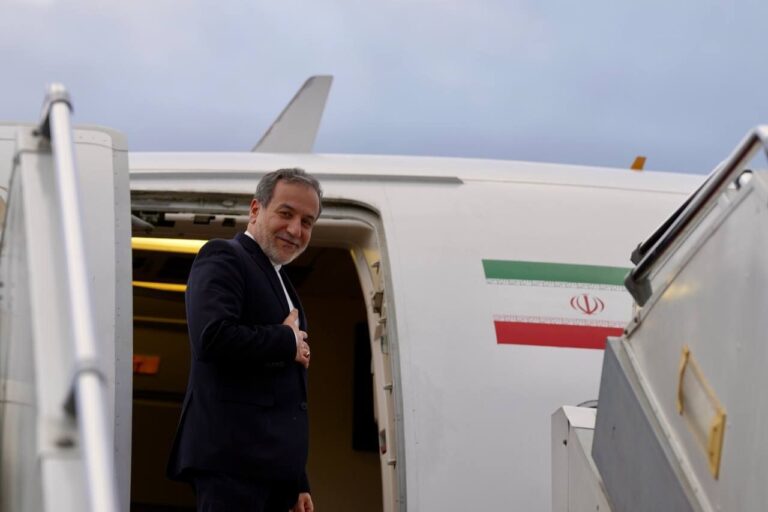Yemeni MP Claims US Army Lacks the Might to Confront Iran’s Power
The recent statements from the head of the Defense and Security Commission in the Yemeni Shura Council have highlighted significant geopolitical tensions involving the United States, Yemen, and Israel. The remarks underscore the growing perception that the US is struggling to maintain its influence in the Middle East, particularly in Yemen, where the Yemeni army has shown resilience against foreign interventions. This piece delves into the interview with Yahya Mohammed Al-Mahdi, shedding light on Yemen’s unwavering stance in the face of adversity and its implications for regional stability.
According to Al-Mahdi, the US has adopted a ‘logic of force’ that ultimately leads to its own defeat. He stated, “By conceding defeat in the face of Yemeni army, they (the United States) proved that they could never go to war with Iran.” This assertion points to a broader narrative about the limits of American power in the region.
Key points from the interview with Al-Mahdi include:
- Failure of US Strategy: The US has shown a severe lack of understanding regarding the Yemeni situation, despite its support from allied nations like England.
- Yemen’s Resilience: The Yemeni army has effectively defended its territory and continued to assert its independence against foreign aggression.
- Support for Palestine: Yemen has publicly aligned itself with the Palestinian cause, demonstrating solidarity through mass demonstrations.
- Military Capabilities: The Yemeni forces have successfully utilized advanced military technology, including hypersonic missiles, to challenge conventional military power.
Al-Mahdi elaborated on Yemen’s support for Gaza, stating, “Islam is a religion of honor and dignity, a religion of helping the oppressed.” He emphasized that the perception of Islam portrayed by the US and Israel is distorted, and Yemen’s actions serve to illustrate Islam’s true values of justice and solidarity.
The Yemeni people’s unified stance against oppression is depicted as a powerful message to both their regional neighbors and the broader Islamic community. Al-Mahdi articulated that the Yemeni struggle is not just a localized conflict but a part of a larger Islamic resistance against tyranny. He urged the Muslim Ummah to recognize their collective strength and abandon any sectarian divides that colonial powers have exploited.
As the situation evolves, the Yemeni army’s military advancements, particularly the use of hypersonic missiles, have shifted the dynamics of regional power. Al-Mahdi stated, “This hypersonic missile has passed through all these layers of air defense and has reached its intended target directly.” The successful deployment of such technology is seen as a critical factor in Yemen’s ability to defend itself against external threats.
Furthermore, Al-Mahdi addressed the consequences of repeated aggressions by the US and the Zionist regime against Yemeni infrastructure. He remarked on the targeting of civilian areas, including the Sanaa airport, reflecting the ongoing struggles faced by the Yemeni people. He highlighted the resilience of Yemen in restoring power and maintaining operational capabilities despite these challenges.
In discussing Yemen’s strategic decisions, Al-Mahdi noted, “The major powers have failed to break the siege despite 1,300 attacks by the United States.” This failure underscores the tenacity of the Yemeni forces and their ability to adapt and respond to ongoing threats.
Al-Mahdi’s insights also touch upon the broader implications of Yemen’s military operations for the region. “Victory always belongs to the oppressed,” he stated, calling for a unified response from the Islamic community against common adversaries. He criticized the inaction of Arab and Muslim countries in supporting Gaza, emphasizing the need for solidarity and decisive action.
The interview concludes with a powerful assertion regarding the future of Yemen and its role in the regional balance of power. Al-Mahdi remarked on the importance of the Yemeni people’s spirit and determination, suggesting that their example could inspire a broader movement within the Islamic world to resist oppression and reclaim dignity.
In summary, Yemen’s steadfastness in the face of external pressures serves as a critical case study in resilience and resistance. The insights provided by Yahya Mohammed Al-Mahdi offer a glimpse into the complex dynamics at play in the region, highlighting the ongoing struggle for sovereignty and the fight against imperialism.
The situation in Yemen is evolving, and as these events unfold, the global community will be watching closely to see how the balance of power shifts in the Middle East.
